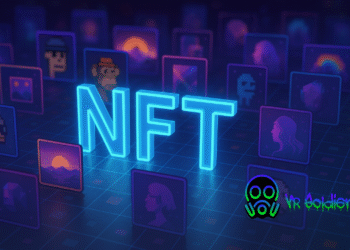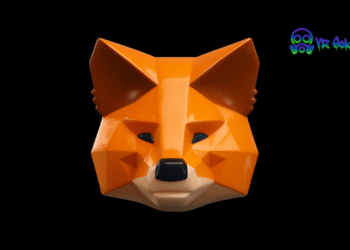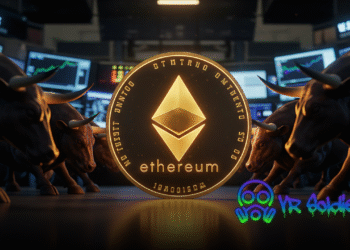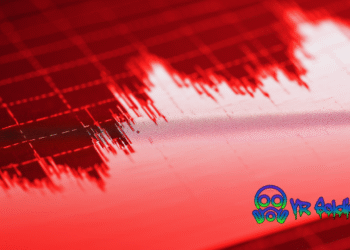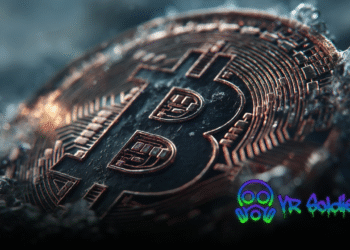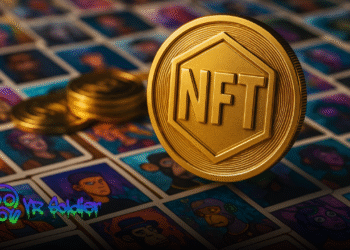Creative use cases for virtual reality technology have become more apparent in recent months. It is evident VR is about so much more than just content consumption these days. MEL Science wants to use this technology to get kids more excited about learning chemistry. Transforming innovation through new technologies will not be easy, that much is rather evident. In fact, most science teachers across the US believe VR content can help students master subjects in the future.
Another Educational use Case for VR
Ensuring VR makes a positive impact on education will take a few years or more. After all, most people see virtual reality as a way to escape reality. In a lot of cases, it will deter children and students from learning the things they need and focus on other things entirely. This is not a positive development, but it is evident there are some positive use cases for VR in the educational sector as well. More specifically, MEL Science has high hopes for VR in this regard, especially when it comes to teaching kids about chemistry.
To put this into perfectly, the company has raised additional funding to venture into the world of virtual reality. Right now, the company is best known for their combination chemistry sets. Adding a virtual reality element to this concept will certainly shake things up quite a bit. As one would expect, the goal is to introduce more students to the wonders of chemistry through innovative technologies. All one needs is the Molecular Viewer, a modified Google Cardboard VR headset.
Introducing more kids to virtual reality for educational purposes will have some interesting consequences, to say the least. Allowing students to “zoom in” to observe chemical reactions at the molecular level, for example, will undoubtedly get more people excited about chemistry. Another option is to perform experiments in VR without the risk of blowing up the classroom if things go awry. After all, most people only remember chemistry because of some funny experiments they conducted in class. Seeing things in action is a lot more interesting compared to walls of text.
Whether or not MEL Science will be successful in this regard, remains to be seen. The group is working on VR modules for kindergarten all the way through high school. A very welcome change of events, although it is unclear if any schools are excited about this development right now. There’s also a plan to focus on lessons for other science subjects moving forward. It is certainly true the science subjects are – in general – far less interesting due to the vast amount of information that has no direct application in real life.
If you liked this article make sure to follow us on twitter @thevrbase and subscribe to our newsletter to stay up to date with the latest VR trends and news.

